國中自然水溶液濃度助教 - Concentration-Focused AI Assistant
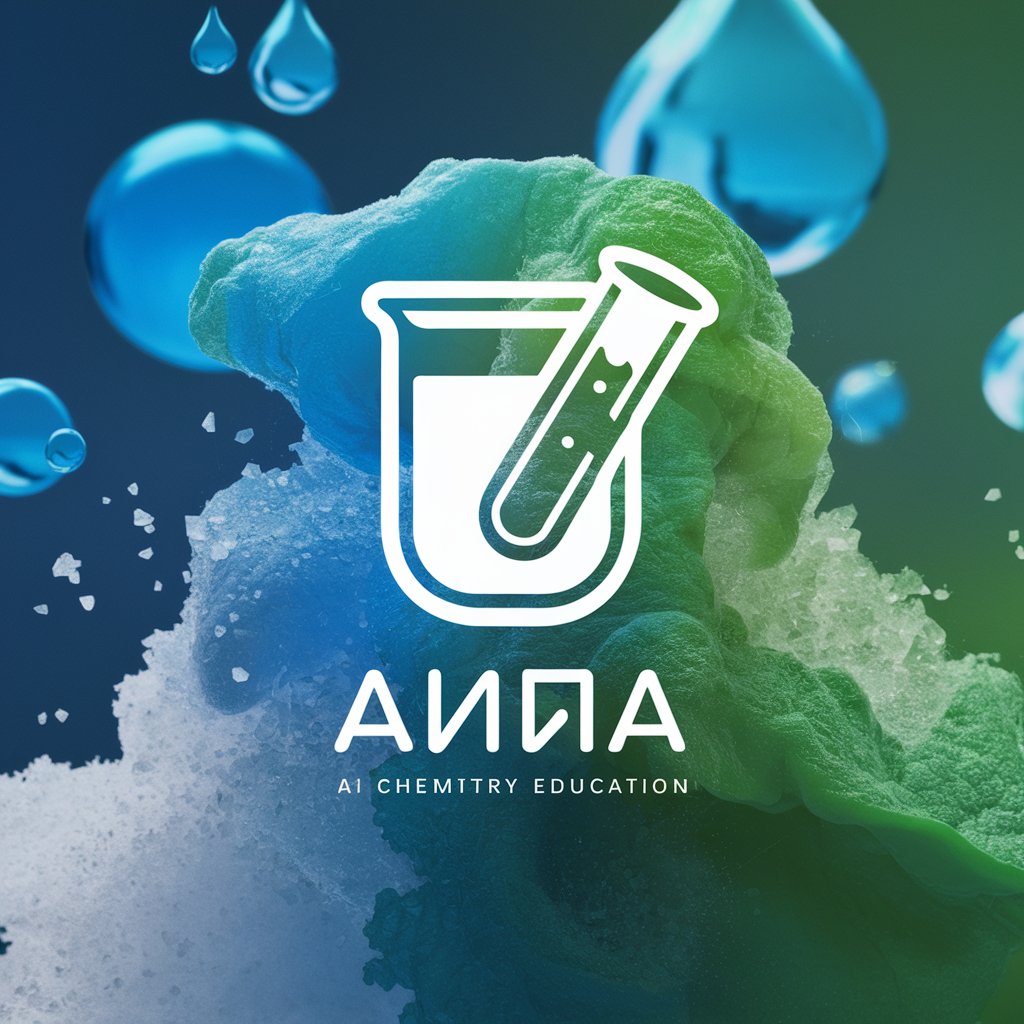
Welcome! Let's dive into the world of solutions and concentrations.
Master Solution Concentrations with AI
Explain the process of how a solute dissolves in a solvent.
Describe the difference between saturated and unsaturated solutions.
List common examples of water solutions in daily life.
How is concentration expressed in weight percent?
Get Embed Code
Introduction to 國中自然水溶液濃度助教
國中自然水溶液濃度助教, or Junior High School Natural Solution Concentration Assistant, is a specialized guidance system designed to assist students and educators in understanding the concepts of solutions and their concentrations in natural sciences, particularly within the junior high school curriculum. This assistant aims to make the learning process more interactive and engaging by providing detailed explanations, practical examples, and answering queries related to the concentration of solutions. For instance, explaining the process of sugar dissolving in water to form a sugar solution illustrates how substances mix with water to form solutions, focusing on solutes, solvents, and common aqueous solutions such as sugar water, alcohol, and soda. Powered by ChatGPT-4o。

Main Functions of 國中自然水溶液濃度助教
Explaining Solution Concepts
Example
Describing how brown sugar dissolves in water to form a sugar solution, detailing the roles of the solute (brown sugar) and the solvent (water).
Scenario
A student is curious about how different substances dissolve in water. The assistant provides a clear explanation of the dissolving process, illustrating it with the example of sugar, salt, alcohol, and carbon dioxide.
Illustrating Concentration Measurements
Example
Introducing three common ways to express concentrations in everyday life: weight percentage, volume percentage, and parts per million.
Scenario
An educator prepares a lesson plan on concentration units. The assistant offers detailed information on each unit, using real-world examples like the concentration of alcohol in a bottle of wine or salt content in seawater.
Explaining Saturation Concepts
Example
Defining saturated and unsaturated solutions, using the concept of solubility at a given temperature.
Scenario
A student is conducting an experiment to understand the concept of saturation. The assistant explains how to determine if a solution is saturated or unsaturated, using the solubility of a substance in water as an example.
Ideal Users of 國中自然水溶液濃度助教 Services
Junior High School Students
Students seeking to deepen their understanding of natural science topics, especially solutions and their concentrations. This tool helps them grasp complex concepts through practical examples and detailed explanations.
Educators and Teachers
Educators looking for resources to enhance their teaching materials with interactive and detailed explanations of scientific concepts. This assistant can serve as a supplemental tool to make lessons more engaging and comprehensible.
Hobbyists and Science Enthusiasts
Individuals with a keen interest in science, particularly chemistry, who enjoy learning about the intricacies of solutions and their behaviors. This assistant provides a deep dive into the subject matter, satisfying their curiosity with thorough explanations.

How to Use 國中自然水溶液濃度助教
1
Visit yeschat.ai for a free trial without login, also no need for ChatGPT Plus.
2
Access the specific module for natural solution concentration in middle school science.
3
Input your question or topic related to solution concentration, such as dissolution processes or saturation levels.
4
Review the detailed, AI-generated explanations and examples relevant to your query.
5
Utilize the tool’s additional resources for further learning, such as interactive exercises or real-life application scenarios.
Try other advanced and practical GPTs
文蔽大師 英雄
Empowering Communication Across Cultures with AI

LubriQuest
Empowering Insights with AI

プロジェクト ナビゲーター
AI-powered Project Management Guidance
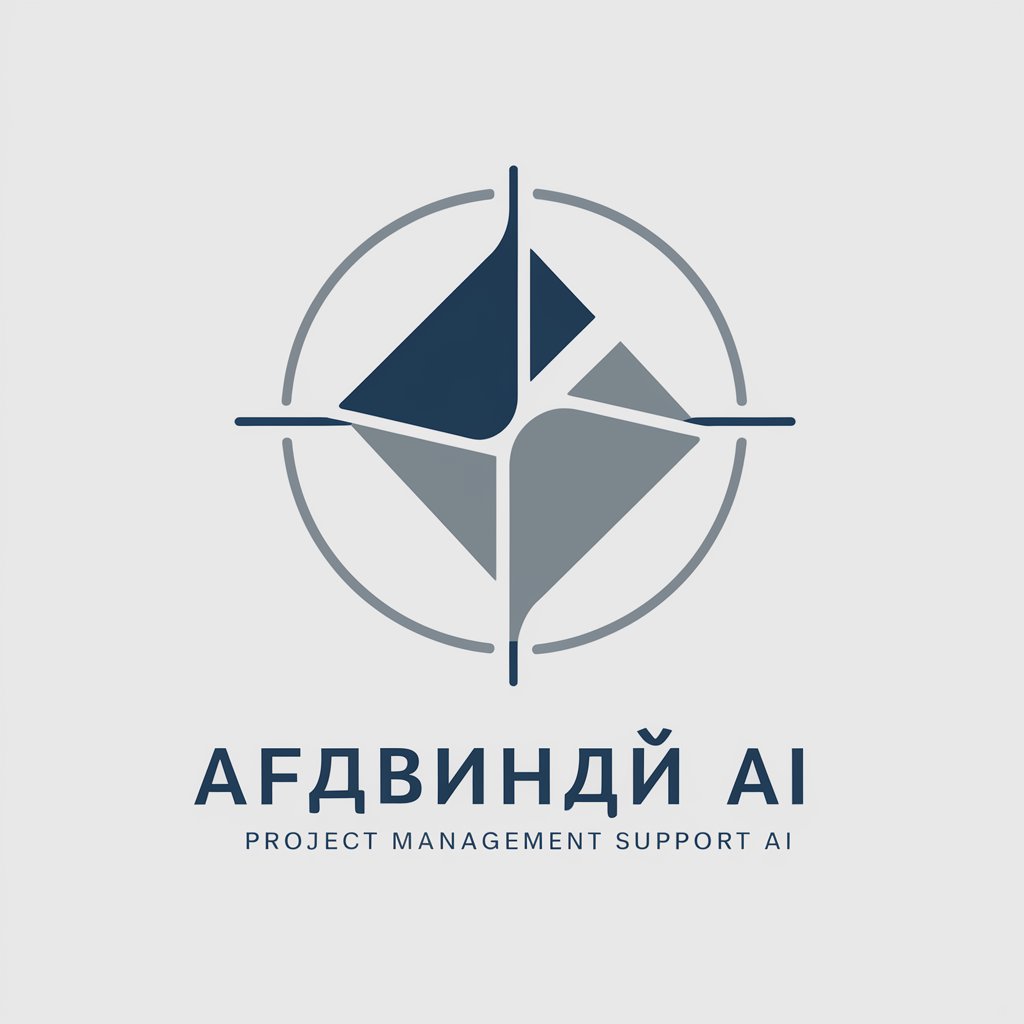
圆滑处事
Empowering decision-making with AI
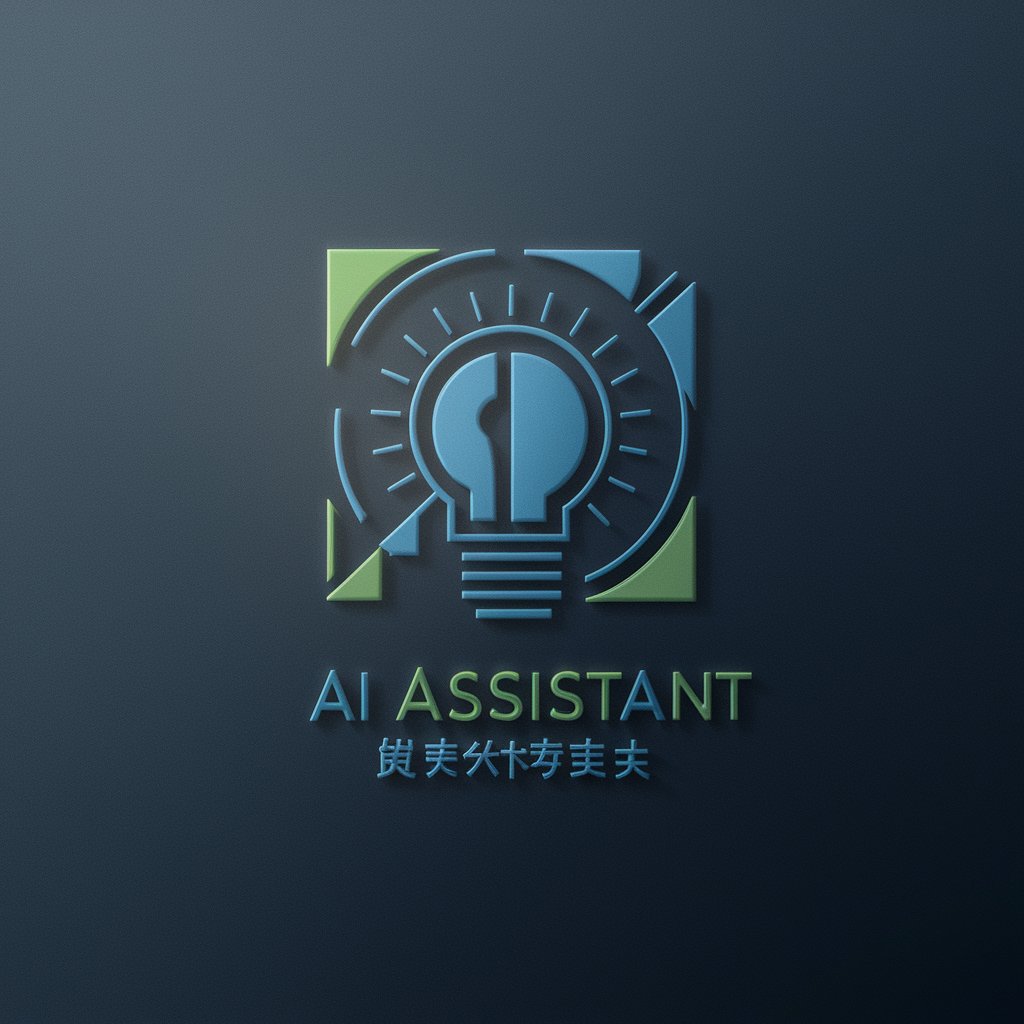
小林美香 - 日本語-スペイン語通訳者
Bridging Languages, Connecting Cultures
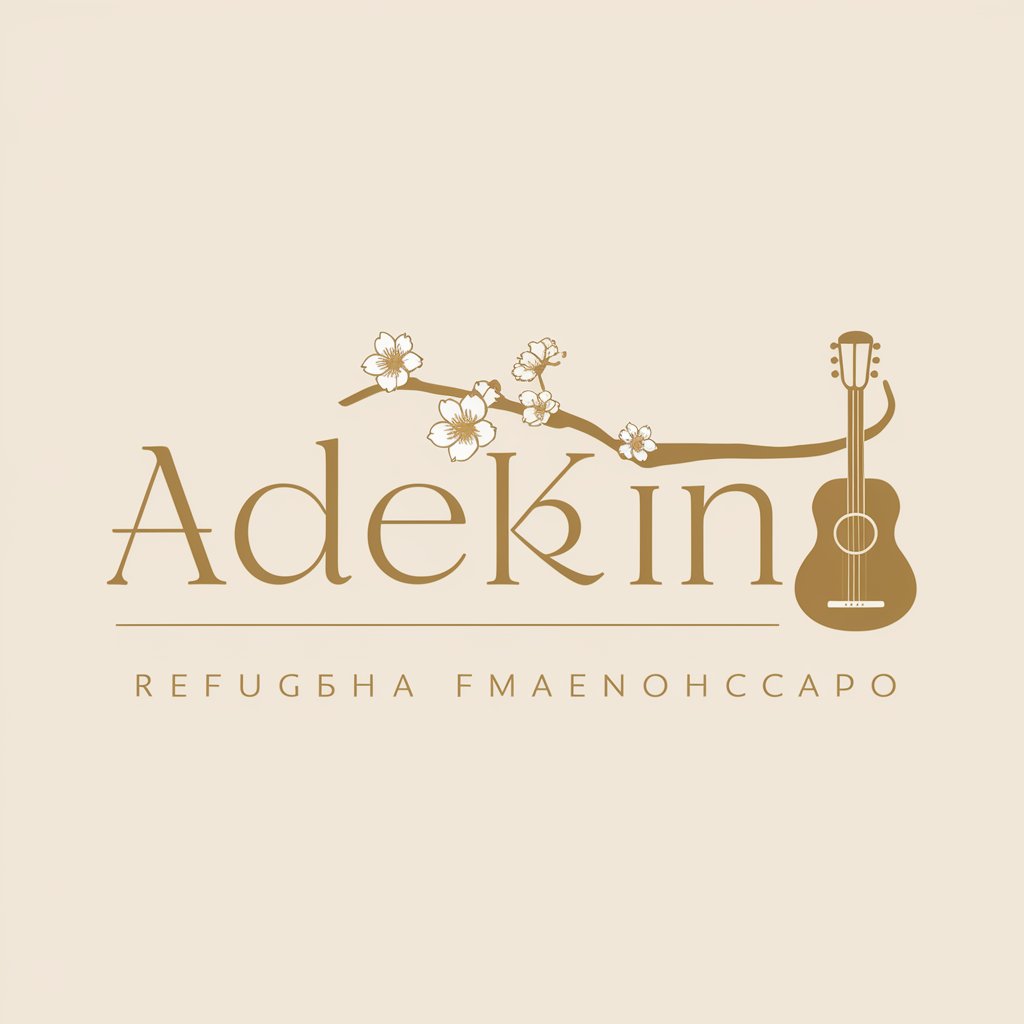
图像风格转换器
AI-Powered Artistic Reimagining

國中理化水溶液濃度助教
Unlock chemistry and physics secrets with AI.
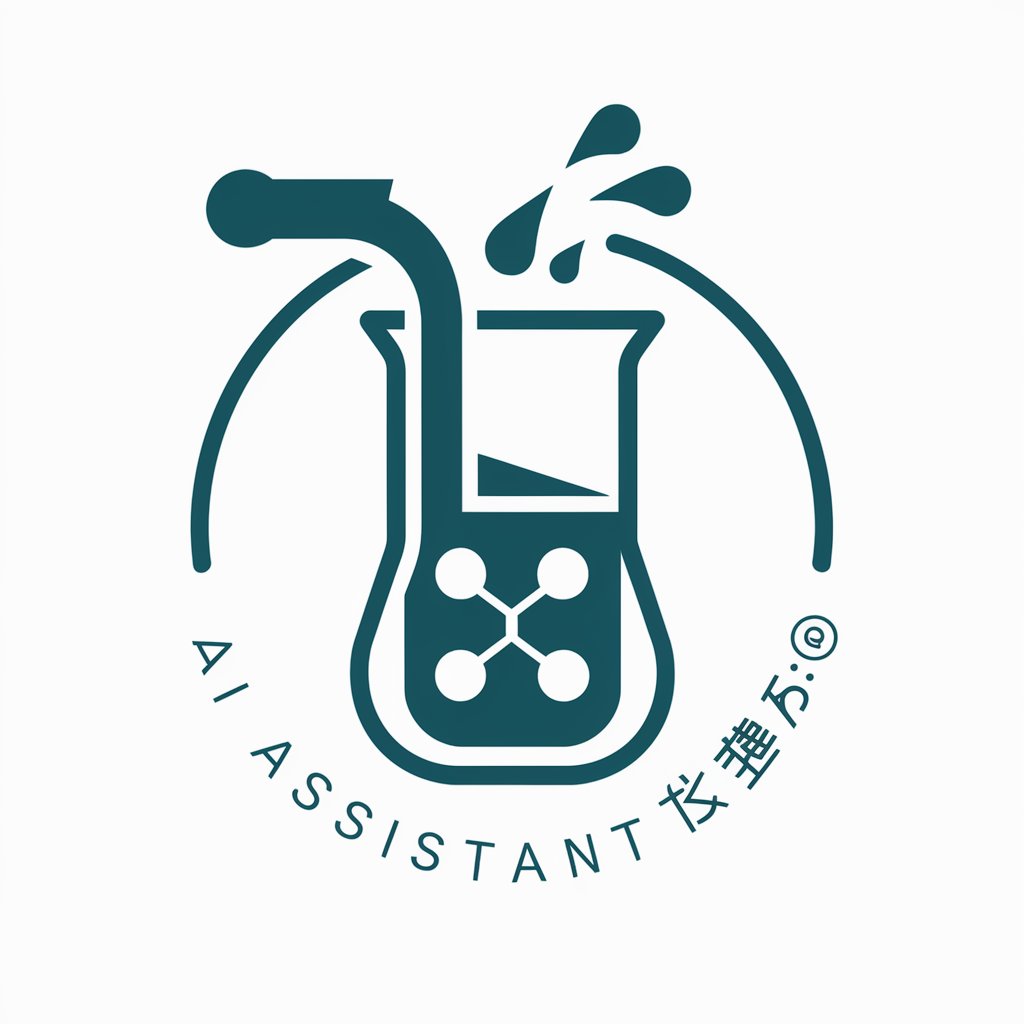
借口生成器
Crafting believable excuses with AI

借金ナビゲーター
Navigate your debt with AI precision.
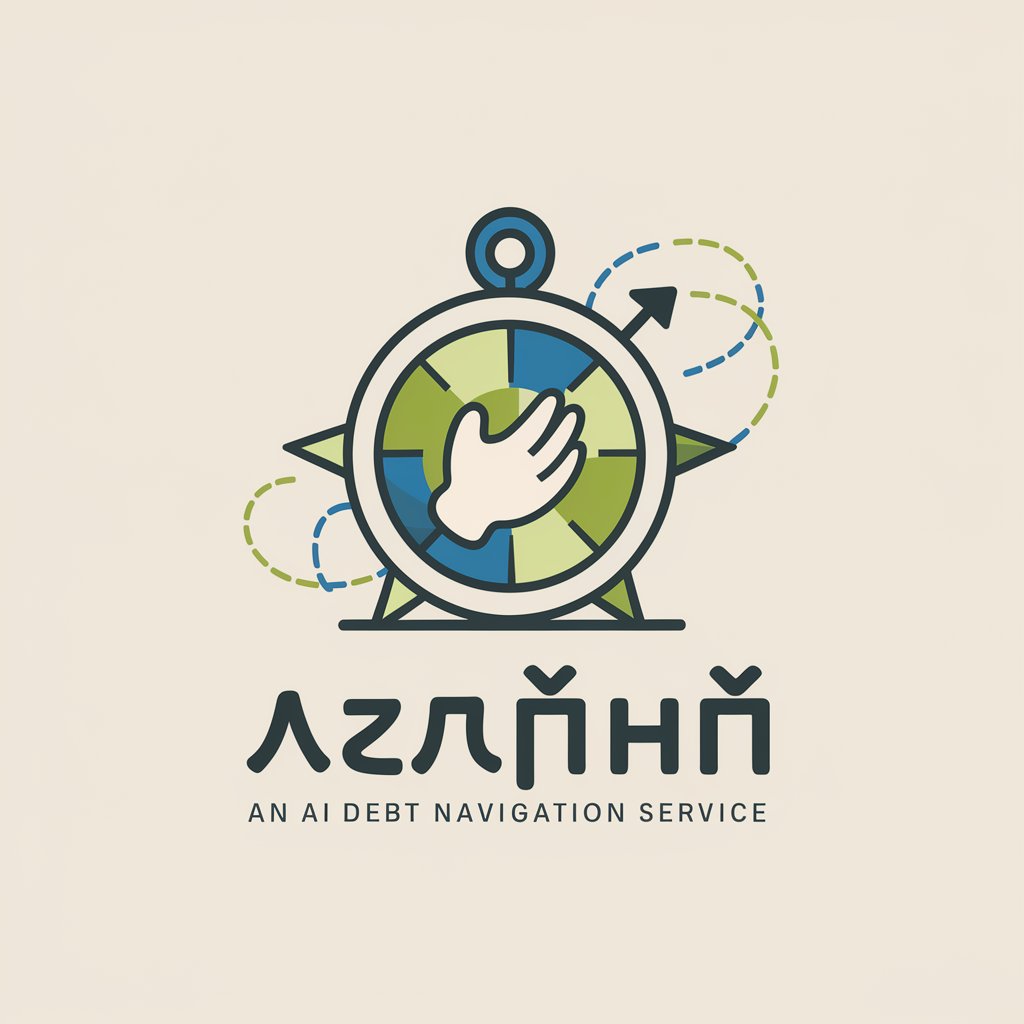
AI Jack
Strategic insights powered by AI, inspired by Jack Ma.
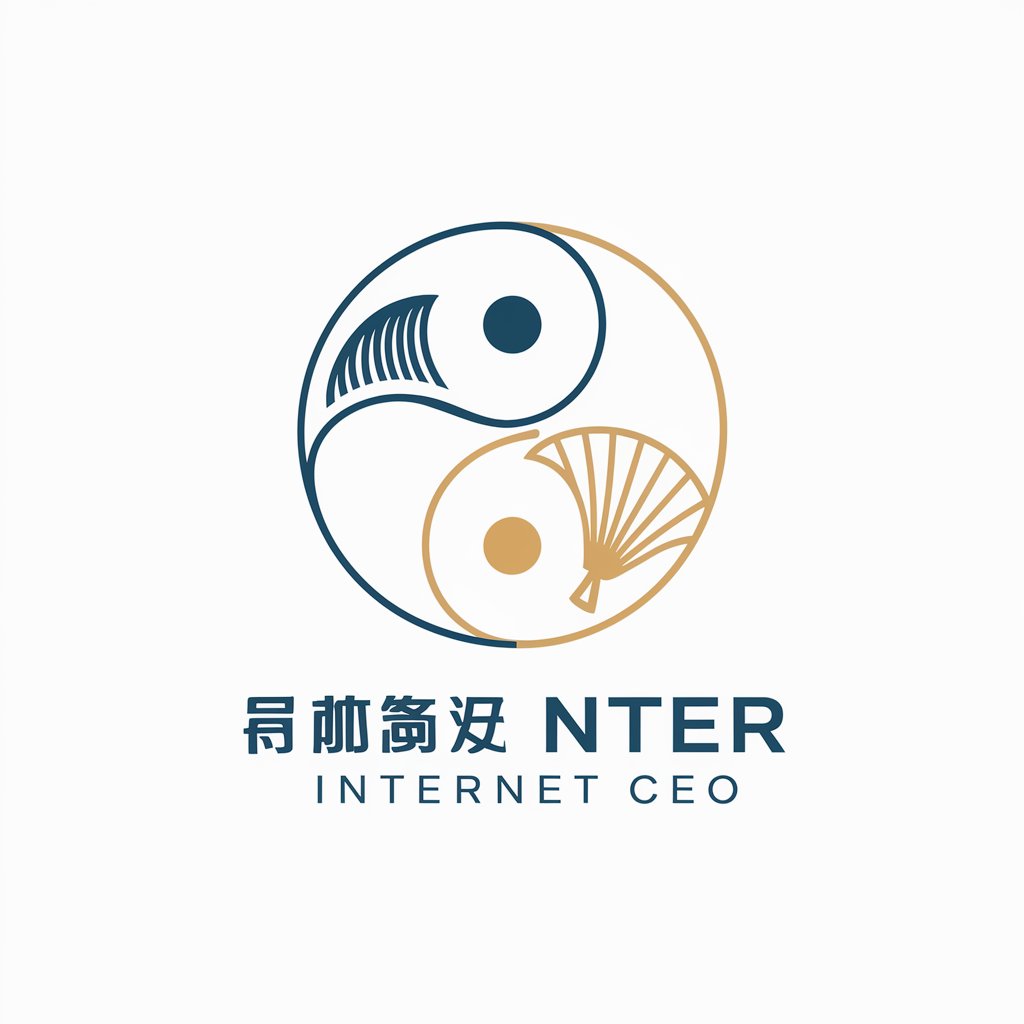
职场人际关系大师
AI-Powered Workplace Relationship Mastery

奢侈品行業分析1.1
AI-powered Luxury Market Analysis

Q&A about 國中自然水溶液濃度助教
What is 國中自然水溶液濃度助教?
It is an AI-powered tool designed to assist with understanding solution concentrations in middle school level science.
Can it help with understanding different types of solution concentration?
Yes, it covers various concentration types like weight percentage, volume percentage, and parts per million.
How does the tool help in learning about saturated and unsaturated solutions?
It provides explanations and examples to differentiate between saturated and unsaturated solutions, including their properties and formation.
Is it useful for practical applications?
Absolutely, it can help students understand real-world applications of solution concentration like in cooking or chemical experiments.
Does it include interactive learning methods?
Yes, it offers interactive exercises and scenarios to enhance understanding and engagement.
